
Article
Building Digital-Ready Culture in Traditional Organizations
Read or listen offline
Amazon Kindle
áudio gerado automaticamente
1×
Faça o Login para ouvir o resumo em áudio.
áudio gerado automaticamente
Recommendation
If your firm isn’t a digital native, you may feel pressure to join the digital wave – and soon. But how do you know how far to take a digital transformation, and how do you tap into the best aspects of digital culture without also absorbing some of its flaws? This research-based article from the MIT Sloan Management Review helps answer these difficult questions, and more.
Summary
About the Authors
George Westerman is a senior lecturer at the MIT Sloan School of Management, where Deborah L. Soule is a research consultant. Anand Eswaran is corporate vice president at Microsoft.








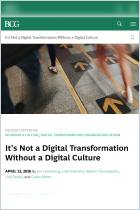
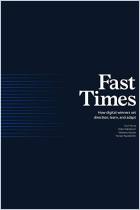
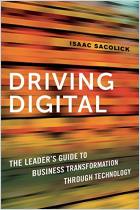
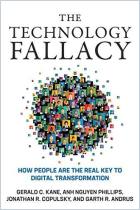

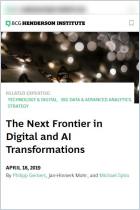





Comment on this summary